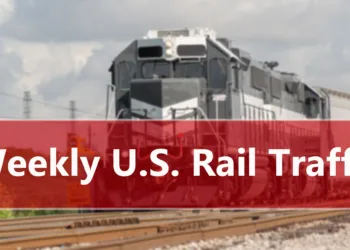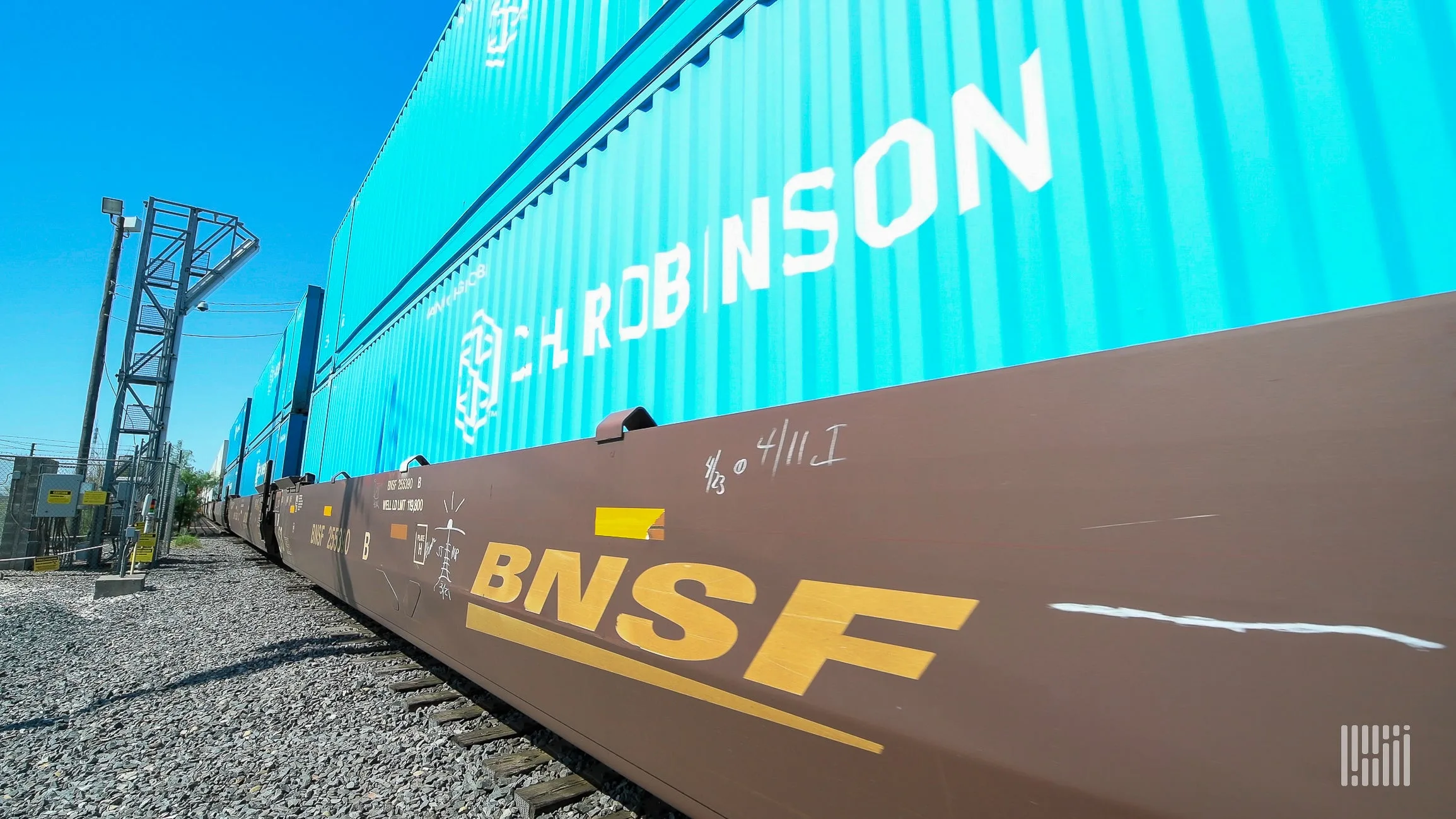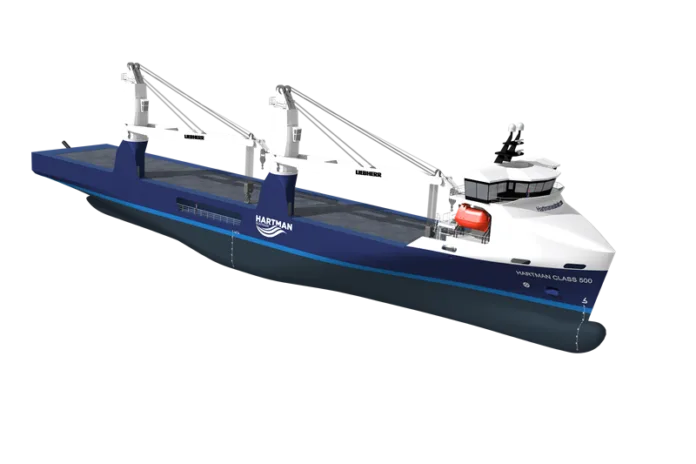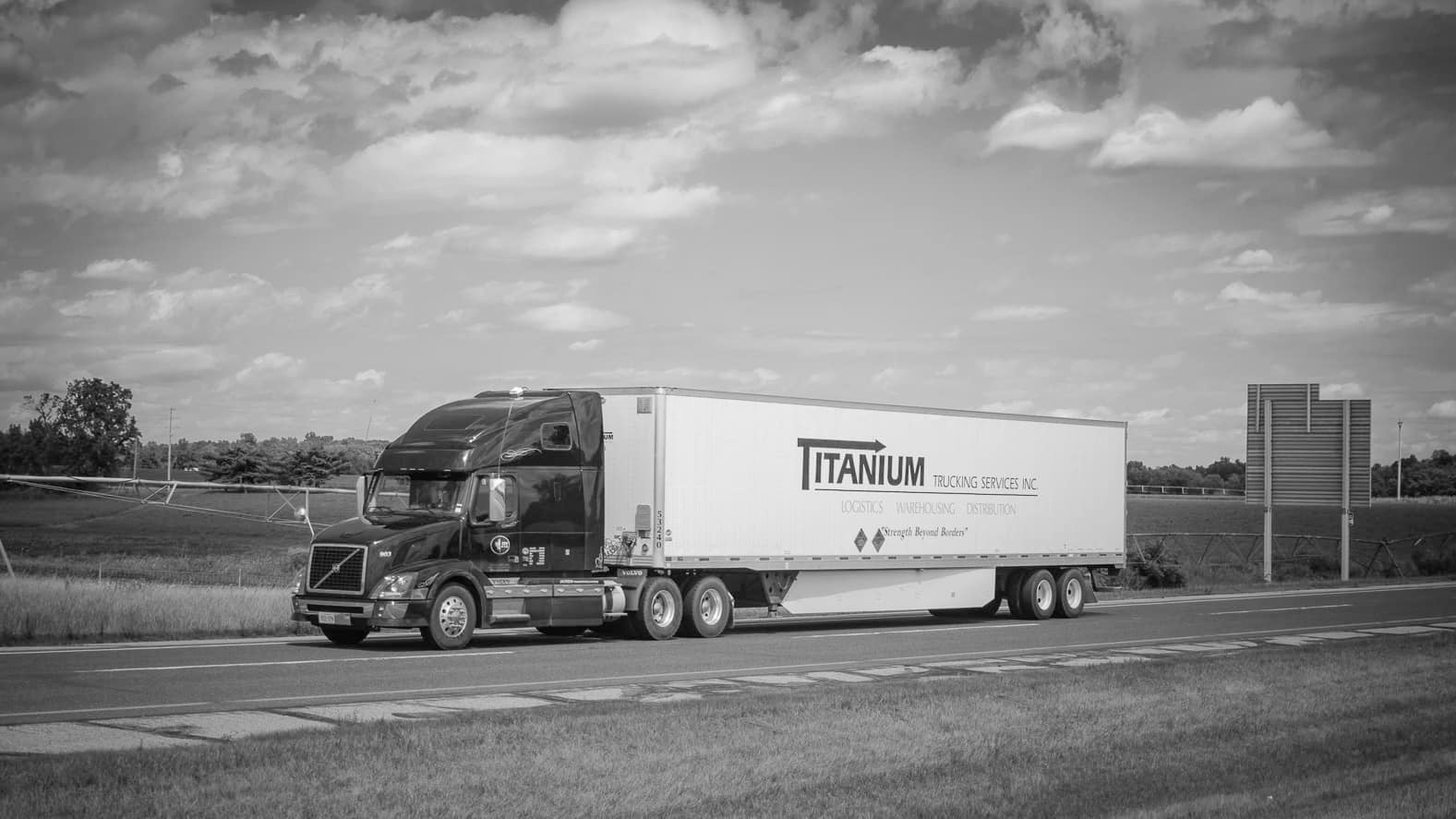The views expressed here are solely those of the author and do not necessarily represent the views of FreightWaves or its affiliates.
By Jim Case, CEO of Travelers Financial Group
From all perspectives, COVID was tough on the freight industry. Millions of people across the globe lost their jobs in the economic downturn and the resulting plunging global demand for goods. At the same time, travel and transportation turmoil, consumer hoarding, and seismic shifts in buying behavior driven by the lockdown resulted in supply chain disruption that took years to unsnarl. But ironically, it is the aftershocks – the post-COVID boom and subsequent bust – that are proving to be more calamitous to trucking companies than COVID. Four years later, the roller coaster of demand is still a way of life, challenging freight companies to manage cash flow and capital expenditures with solvency in the balance.
The FreightWaves SONAR Outbound Tender Volume Index (OTVI) has tracked the mayhem in global freight markets through COVID and the aftermath. The post-pandemic boom spurred freight companies to overinvest in equipment to capitalize on then-high demand. However, freight hauling rates have pancaked since 2022, and there are simply too many trucks for too little freight.
COVID aftershocks have left trail of destruction
Examples abound of the havoc in today’s freight industry.
After experiencing record sales growth during the pandemic, digital freight brokerage Surge Transportation filed for bankruptcy protection in July 2023. Company officials said the company was unprepared for the abrupt decline in product demand and soaring shipping costs that rocked the transportation industry in the years following the post-pandemic boom.
A similar story is playing out with the rise and fall of dot-com unicorn Convoy. Launched in 2015 as an online marketplace connecting shippers with carriers, Convoy disrupted the traditional market and enabled explosive growth for small trucking companies. When Convoy abruptly shut down operations in October 2023, CEO Dan Lewis blamed it on “a massive freight recession and a contraction in the capital markets . … [I]t was the perfect storm.” As is often the case in this industry, the collapse of one company can trigger disastrous effects for interdependent companies. Owner-operator trucking companies that expanded to satisfy the business demand funneled through Convoy are now battling other creditors to get money owed to them by Convoy, while struggling to reconcile their cash flow and swollen capital costs in today’s down freight market.
Though the story has many complexities, Canadian shipping and logistics conglomerate Pride Group also cites the difficulty of managing COVID aftershocks and wavering demand as a contributing factor in its battle for solvency. “Until very recently, the Pride Group was highly profitable,” said founder Sam Johal in the March filing for creditor protection. “The onset of the COVID-19 pandemic in 2020 disrupted the Pride Group’s historical trajectory, initially causing unprecedented growth but then ultimately leading to the Pride Group’s inability to meet its financial obligations. This situation is not unique to the Pride Group and has affected the trucking and logistics industry as a whole.”
Why are freight companies so vulnerable to market turbulence? The industry is made up of companies that are, by nature, capital-intensive and cash flow-challenged. They must walk a tightrope between receivables, payables and capital costs. The owner-operator model is particularly at risk. “Any delinquency by a single owner-operator has ripple effects,” said Pride Group’s Johal. In the best of times, the industry is challenging, but today’s market is a confluence of perilous factors: market demand that has radically shifted for the past five years, low consumer confidence, high inflation, high petroleum prices and a borrowing market that is markedly cooler than it was just a few years ago.
Sound capital strategy the lifeline freight companies need
It has never been more important for freight companies to have a sound and nuanced capital strategy to ensure cash flow stability. If a shipping company is in need of fast capital, a bank loan might not be available because of tightened underwriting requirements, or the application and approval process may take too long to meet urgent cash flow needs. Other sources of quick liquidity should be actively considered. Asset-based term loans and bridge loans from alternative lenders can be faster and easier to secure, because most companies in this sector own capital collateral like heavy equipment and real estate. Private equity vehicles, including structured equity and net-asset-value (NAV) loans, should also be explored. And flexible financing for lease and purchase of capital equipment should be extended by vehicle OEMs, dealers and financial institutions.
Many in the industry agree that the market will remain turbulent for the foreseeable future, but that’s no reason for trucking and logistics companies to panic. Through proper planning and savvy management of the financial toolbox, freight companies can navigate this difficult time, remain viable and even position themselves to capitalize on new opportunities when the market rebounds.
The post COVID aftershocks still imperil freight companies appeared first on FreightWaves.



















